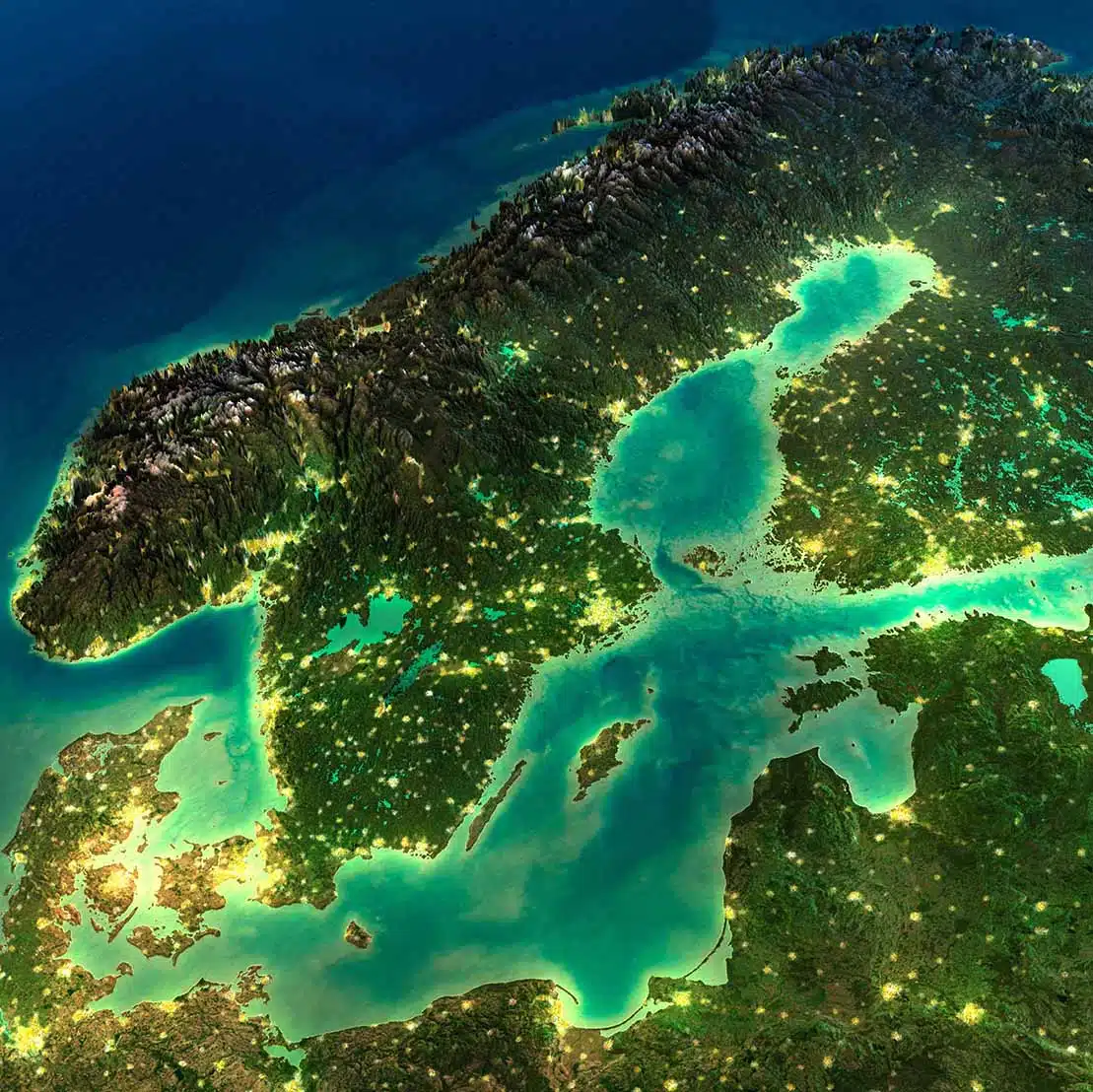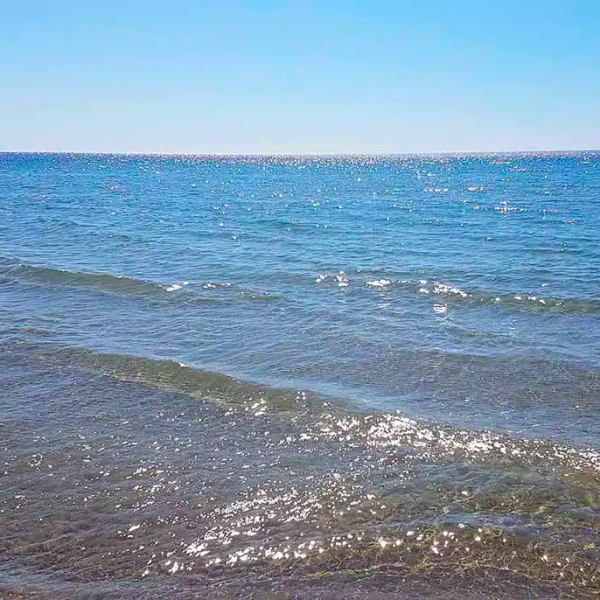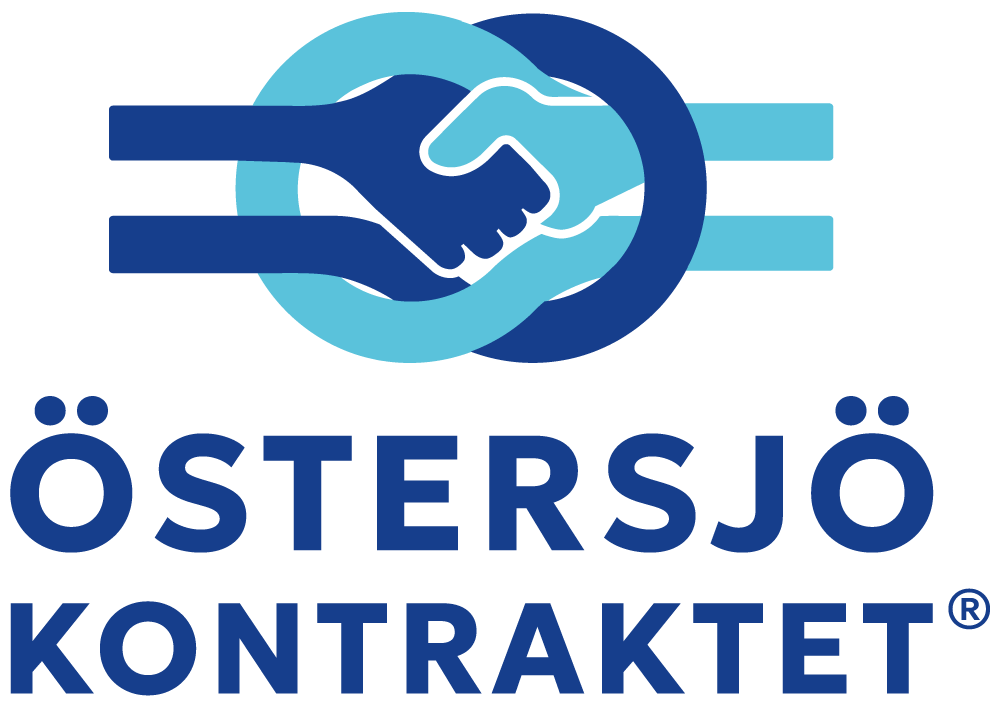Emissions from ships with so-called scrubbers are causing major damage to the Baltic Sea, according to researchers behind a study.
The emissions are costing society billions of euros, while the industry is making money by running ships on cheap heavy fuel oil instead of cleaner fuel.
Since the mid-2010s, the number of ships with so-called scrubbers has increased.
According to a Chalmers study conducted in 2018, there were 178 ships with scrubbers in the Baltic Sea.
Today, researchers estimate that the number of ships with scrubber technology has quadrupled.
A scrubber can be simply described as a purification system to reduce air emissions of exhaust gases formed when burning heavy fuel oil.
But the problem is that the seawater used in the process absorbs, among other things, sulphur from the exhaust gases.
These pollutants are carried along when the scrubber water is pumped into the sea, causing acidification.
A previous study has shown that more than 200 million cubic meters of polluting wash water are discharged annually into the Baltic Sea by ships with scrubber treatment.
– We see a clear conflict of interest, where private economic interests are achieved at the expense of the marine environment in one of the world’s most sensitive seas,” says Anna Lunde Hermansson, researcher at Chalmers University of Technology.
In a new study, researchers have calculated the external costs of scrubber discharges, but also the costs to the ships that invested in the technology.
In terms of the deterioration of marine ecosystems, the study shows that scrubber water discharges between 2014 and 2022 have caused total socio-economic costs of over 680 million euros, i.e. over seven billion Swedish kronor.
The multi-million-dollar costs of cleaning up heavy oil after grounded ships, such as the Marco Polo off the coast of Blekinge last fall, are not included in the calculations.
– If scrubbers did not exist, no ships would have been allowed to use this dirty fuel at all.
Therefore, the scrubber issue is of the utmost importance to drive shipping towards lower environmental impact, says Anna Lunde Hermansson.
In a new study, researchers have calculated the external costs of scrubber discharges, but also the costs to the ships that invested in the technology.
In terms of the deterioration of marine ecosystems, the study shows that scrubber water discharges between 2014 and 2022 have caused total socio-economic costs of over 680 million euros, i.e. over seven billion Swedish kronor.
The multi-million-dollar costs of cleaning up heavy oil after grounded ships, such as the Marco Polo off the coast of Blekinge last fall, are not included in the calculations.
– If scrubbers did not exist, no ships would have been allowed to use this dirty fuel at all.
Therefore, the scrubber issue is of the utmost importance to drive shipping towards lower environmental impact, says Anna Lunde Hermansson.
Government proposes ban on scrubber water discharge
Discharges from scrubbers that wash flue gases on ships may be banned in Swedish waters.
A memorandum is now being circulated with such a proposal.
– This is very welcome news, and an important step to protect the marine environment and marine ecosystems along Sweden’s coasts.
Scrubbers are used to remove sulphur from exhaust gases produced by heavy fuel oil.
With a scrubber ban, the dangerous heavy oil that damages the marine environment during oil spills is also banned,” says Maria Granberg, marine ecotoxicologist at IVL Swedish Environmental Research Institute.
Scrubbers clean ships’ exhaust gases by showering them with seawater.
This reduces air emissions of sulphur, but when the scrubber water is then discharged into the sea, sulphur and many other environmentally harmful substances dissolve in the water and damage the marine environment.
The use of scrubbers has increased since requirements were tightened on the sulphur content allowed in fuel.
As a result, sulphur emissions to air have decreased, but emissions to water have increased.
The ship Marco Polo’s grounding in Blekinge last year is mentioned in the memorandum.
The ship was equipped with scrubbers and was powered by traditional heavy fuel oil.
The oil spill caused major environmental damage in the sensitive shallow coastal areas of Pukavik Bay.
IVL is currently tasked with monitoring the environmental consequences of the oil spill.
The government now proposes to follow Denmark’s example and wants to introduce a ban on open exhaust scrubbers in Swedish territorial waters from July 1, 2025 and closed scrubbers four years later.
– As one of the pioneering countries on this issue, Sweden now has a unique opportunity, together with Denmark, to push for a general scrubber ban within OSPAR, HELCOM and, above all, within the UN’s maritime organization IMO.
The sea has no borders and despite a national ban, scrubber water can still be discharged outside our territorial waters and pollution can spread to us.
We should also consider which fuels should be avoided and prioritized as a replacement for heavy fuel oil.
That is the next step,” says Maria Granberg.
Sources: Ship exhaust gas scrubbing harms the Baltic Sea – forskning.se
Government proposes ban on scrubber water discharge – IVL.se
Image: Sölvesborg municipality
Read the Government’s press release, Prohibition of discharges from ship scrubbers in Swedish waters proposed in memorandum – Regeringen.se and download the memorandum here:
Memorandum Prohibition of discharges from scrubbers to waters within Swedish maritime territory – Regeringen.se
Comment by the Baltic Sea Treaty Foundation:
It is gratifying that there is now a proposal for a scrubber ban.
It is also important to work in parallel in various ways to eliminate the use of heavy fuel oil.
More strong political and other decisions and actions are needed to make the seas of the future swimmable, navigable, enjoyable and edible for generations to come!
The Baltic Sea Contract Foundation works actively to contribute to the development of the Baltic Sea environment towards a healthier sea. The work is done by many people around the Baltic Sea pledging to treat the sea well, which eventually has an impact. When many of us take responsibility, we have the opportunity to influence various actors and decision-makers to take major and important decisions and actions to create radical improvement in the key issues:
Eutrophication-Large-scale industrial fishing-Toxins and chemicals.
Help give the Baltic Sea a hand!
Sign and share! – www.ostersjokontraktet.se !





